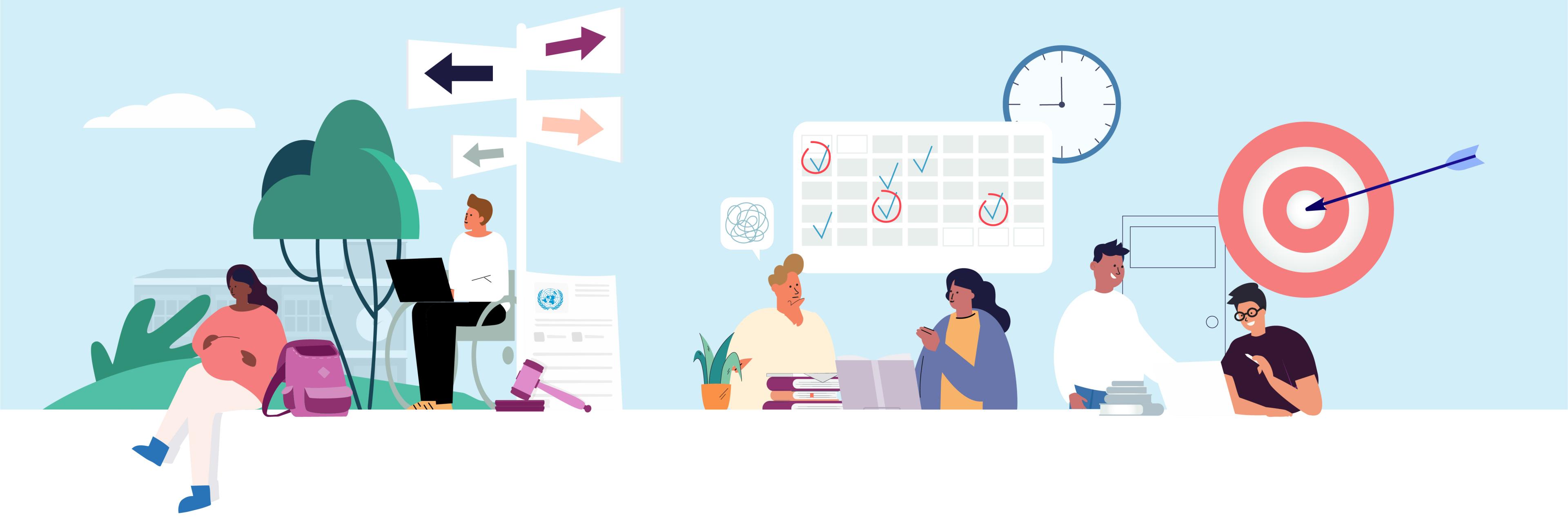
How it works in the Netherlands
- Dutch higher education institutions are obliged to offer students with special needs arrangements and facilities, as long as they are reasonable. However, the educational institutions are not obliged to have all the facilities in place until a student asks for them, so most universities argue that it is the responsibility of the students to arrange the facilities they need.
- Included in the Dutch definition of a disability are psychical, sensory, cognitive and psychological disabilities (e.g. depression, dyslexia, autism, ADD and ADHD) and chronic illnesses.
- Apart from students with a disability there are students in special circumstances. For example pregnant students or students in a gender transition process. They may also need special adjustments or accomodations.
Applying for facilities
How does it work in Dutch higher education?
As mentioned before, Dutch higher education institutions are obliged to offer students with special needs arrangements and facilities, as long as they are reasonable. According to the Dutch Equal Treatment Act, the adjustments must comply with two conditions:
- The modification/provision must be suitable
- The modification/provision must be necessary
The types of arrangements and facilities can differ, depending on where you study.
Counsellors at school
These are the Dutch professionals who can support you during your study:
Antwoord
- Disability officer (studentendecaan): The disability officers are part of the university’s central staff. They carry out intakes with disabled students, submit applications for special facilities or arrangements and provide general guidance. They, or their colleagues, also know about the regulations that apply to exchange students.
- Academic advisor/Guidance counsellor (studieloopbaanbegeleider/studieadviseur): These advisors are a member of your department. They will know little about disabilities, but a lot about your curriculum, study planning, courses, etc. They can support you by providing academic counselling and advice on planning. Universities of applied sciences often provide a mentor during the first year. This mentor will be one of your teachers who has been given an extra task. If you have any question concerning the above named you can go to your mentor first. If you have a more complex question, the mentor will refer you to the academic advisor or guidance counsellor. Research universities sometimes also work with mentors, often senior students.
- Examination board (examencommissie): Some study modifications will have a direct effect on exams and the way you get your marks (for instance, you might be able to use your laptop during exams, do alternative assignments or be exempt from work placements). These modifications need the approval of your department’s examination board. The disability officer will help you submit applications to the examination board.
- Student counsellor (studentenpsycholoog); Most larger universities have a student counsellor. The student counsellor helps students with psychological problems related to their study. Aside from individual appointments, they provide study matching tests and training (for instance, on how to cope with performance anxiety, motivational problems or addiction).